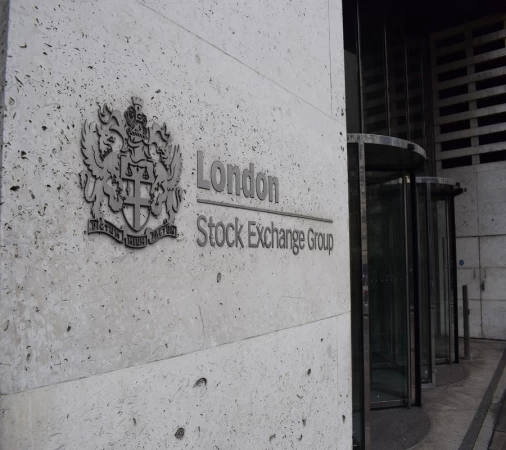
For traders interested in trading currencies, many wonder if it is better to trade forex or crypto.
Forex stands for foreign exchange. The forex market has long dominated financial markets and is the largest one to date, with a daily turnover of trillions of dollars. Crypto, on the other hand, is much newer relative to forex. With the first currency, Bitcoin, minted in 2009, the market has exploded quickly. As of 2022, there are over 12,000 cryptocurrencies and continues to grow at an explosive rate, intriguing traders.
To decide between which product to trade, traders should first understand the similarity and differences between the two.
Similarity between trading forex and cryptocurrency
The forex and crypto markets do share one big similarity – and that is the fact that they are both decentralised. This means no one group or entity is powerful enough to dominate the market and sway price movements. This offers a sense of security for some traders as it means that outsiders cannot interfere with market trends.
Differences between trading forex and cryptocurrency
The types of currency traded
While with both types of trading, currency is involved, forex and crypto differ in the type of currency traded. Namely, in forex trading, fiat currencies are traded.
Fiat currencies are considered legal tender, which means they can be used in exchange for goods and services. Fiat currencies derive their value from the public’s faith in the issuer of the currency, which is normally the country’s central bank or the government.
Cryptocurrencies, on the other hand, are a type of digital currency that cannot be considered legal tender. They are entirely online and exchanged and maintained by a decentralised system called a blockchain, using code (cryptography). Other forms of crypto include tokens and NFTs (Non-Fungible Tokens).
Liquidity
Another difference are the forex and crypto markets, which differ in market turnover and liquidity. The forex market is the largest financial market in the world, with a daily turnover of over $6.6 trillion as of 2022. The crypto market, on the other hand, has a daily turnover of about $100 billion daily. This is by no means a small number, but compared to the forex market, it is indeed a much lower volume.
What this means is that in general, the forex market is able to offer deeper levels of liquidity. Though, there will always be exceptions (for example, Bitcoin will naturally be much more liquid than an exotic currency pair), so there is some grey area here.
Market participants
Forex market participants are also a more diverse group compared to those of the crypto market. About half of forex traders do not trade currencies to make a profit, but for practical purposes. These include central banks, large enterprises, and even travellers, who swap currencies because they need to conduct business or use a different currency. For those who do trade for a profit, these include both professional (institutional) and retail traders.
Crypto market participants, on the other hand, are made up of a different set of people. The most prominent participants are miners, professional and retail traders, and crypto exchanges.
Volatility
Crypto trading is inherently more volatile than forex trading due to its status as a much newer market and the relative lack of regulation. There are regulations around trading for both, certainly, but while central banks can intervene if the forex market goes haywire, there is no such equivalent in the crypto market.
This can be seen in the margin levels required for forex and crypto trading. In general, the more volatile a product is, the higher the margin is required to open a position. This is due to the fact that traders stand to lose a substantial amount in a volatile market. If high leverage is available for application, it can be very dangerous. Higher leverage is usually available in forex trading than in crypto trading for this reason.
Operating hours
The forex market is open twenty four hours a day, during weekdays. There are four main sessions – Sydney, Tokyo, London, and New York. Each session is open from Monday morning to Friday afternoon. Sessions overlap, and traders from any location are free to participate in any session they choose. Therefore, realistically, traders in Australia may find they can continue trading the New York session well into the early hours of their Saturday, while traders in California may experience markets opening on their Sunday afternoon.
The crypto market is open twenty four hours a day, seven days a week.
Privacy
Forex trading is usually done through a broker or a bank, especially when it concerns large amounts of money. This means traders will need to participate with their legal name and verify their legal documents such as their identity card or passport in order to open an account and start trading.
Crypto trading, on the other hand, takes place entirely digitally. Therefore, in many cases, traders can participate anonymously or pseudonymously.
You should trade forex if…
You should trade crypto if…
Conclusion
Even though the forex and crypto markets are both very prominent, there is always a third and fourth option: to trade another market entirely (such as stocks, mutual funds, or commodities), or not to trade at all. All of it comes down to personal preference and comfort levels, and therefore, you should not feel pressured to trade if you do not feel like it.